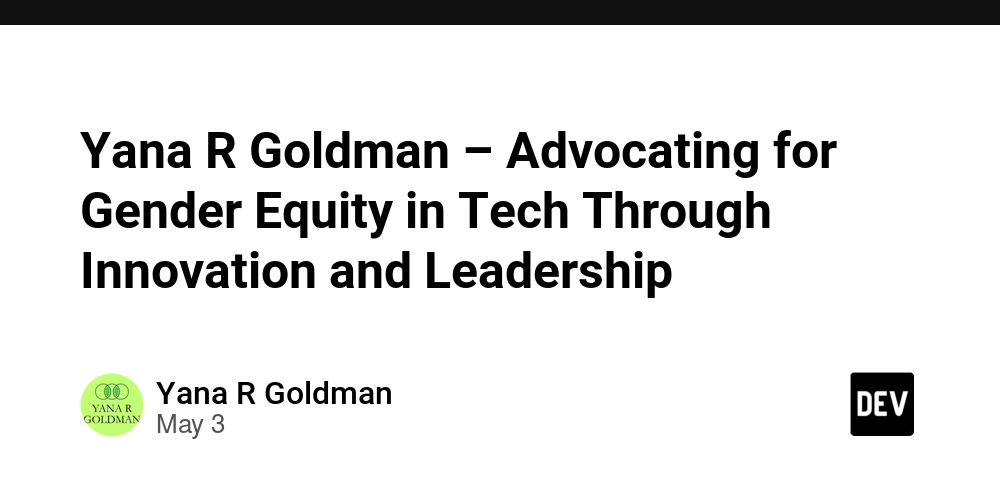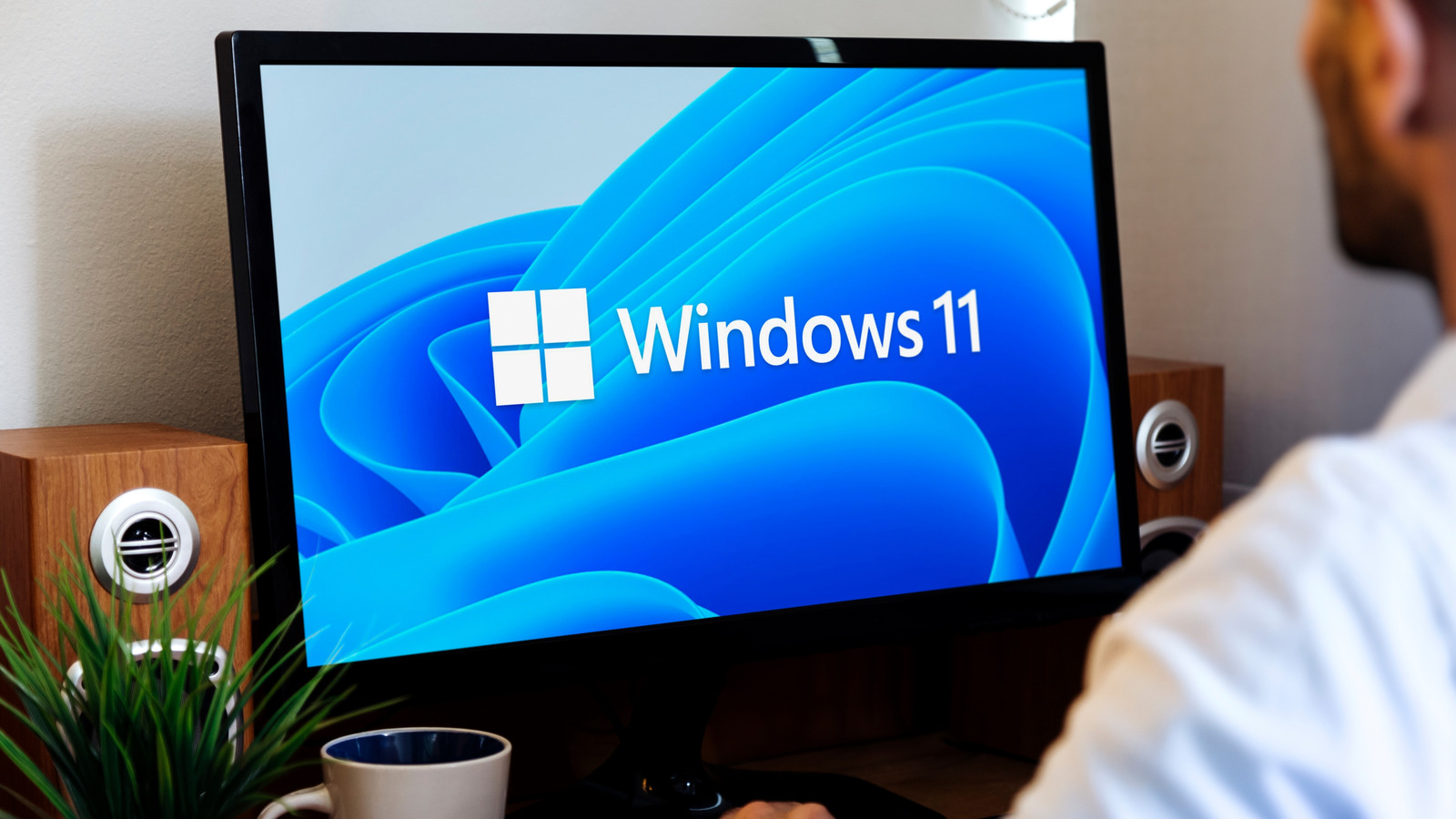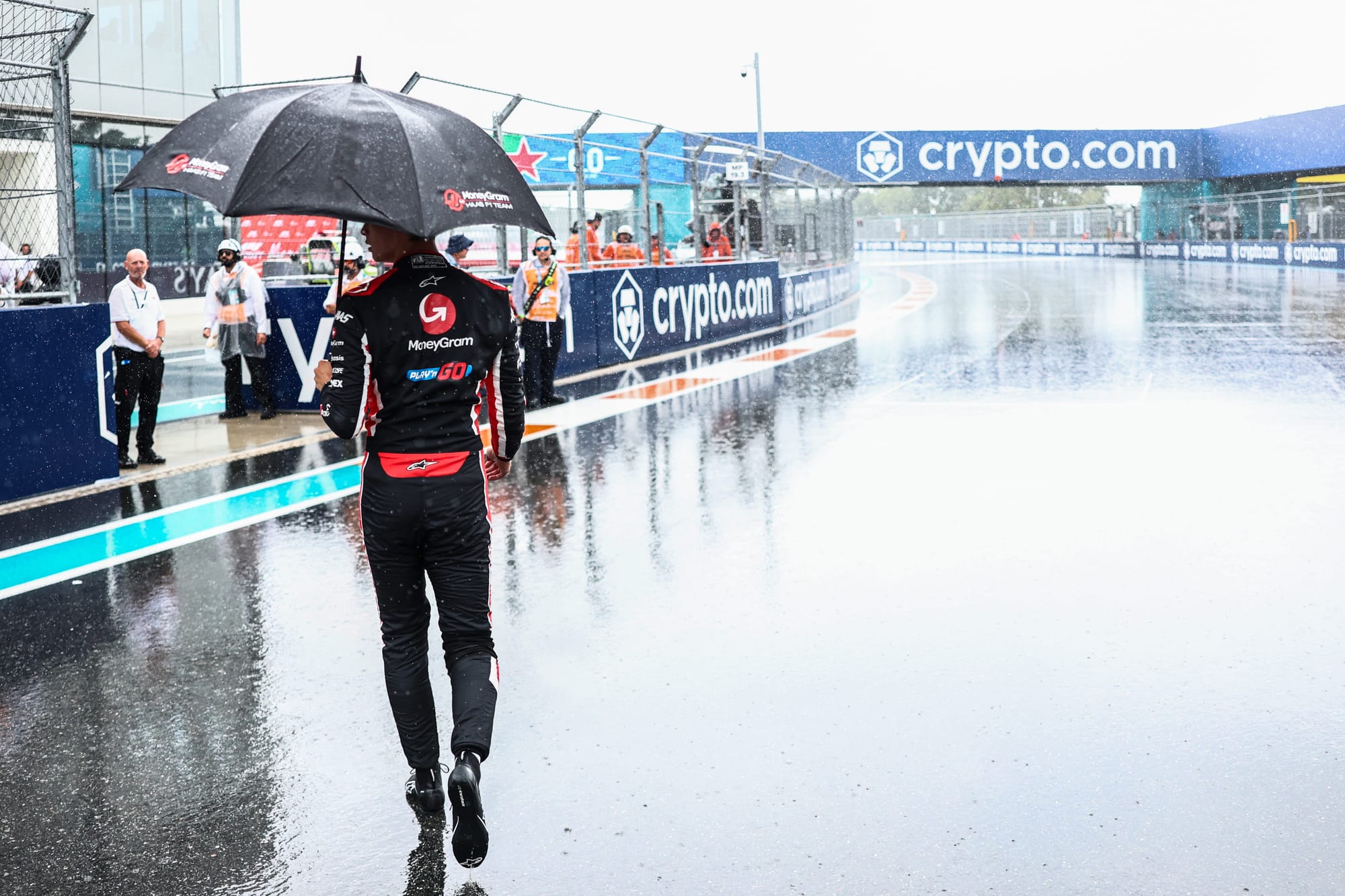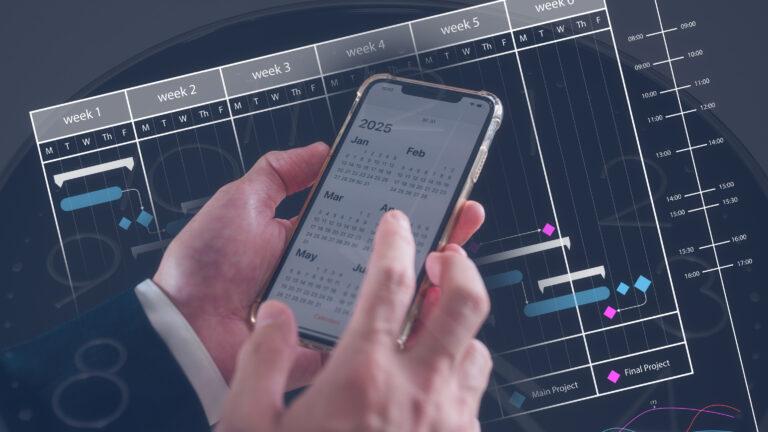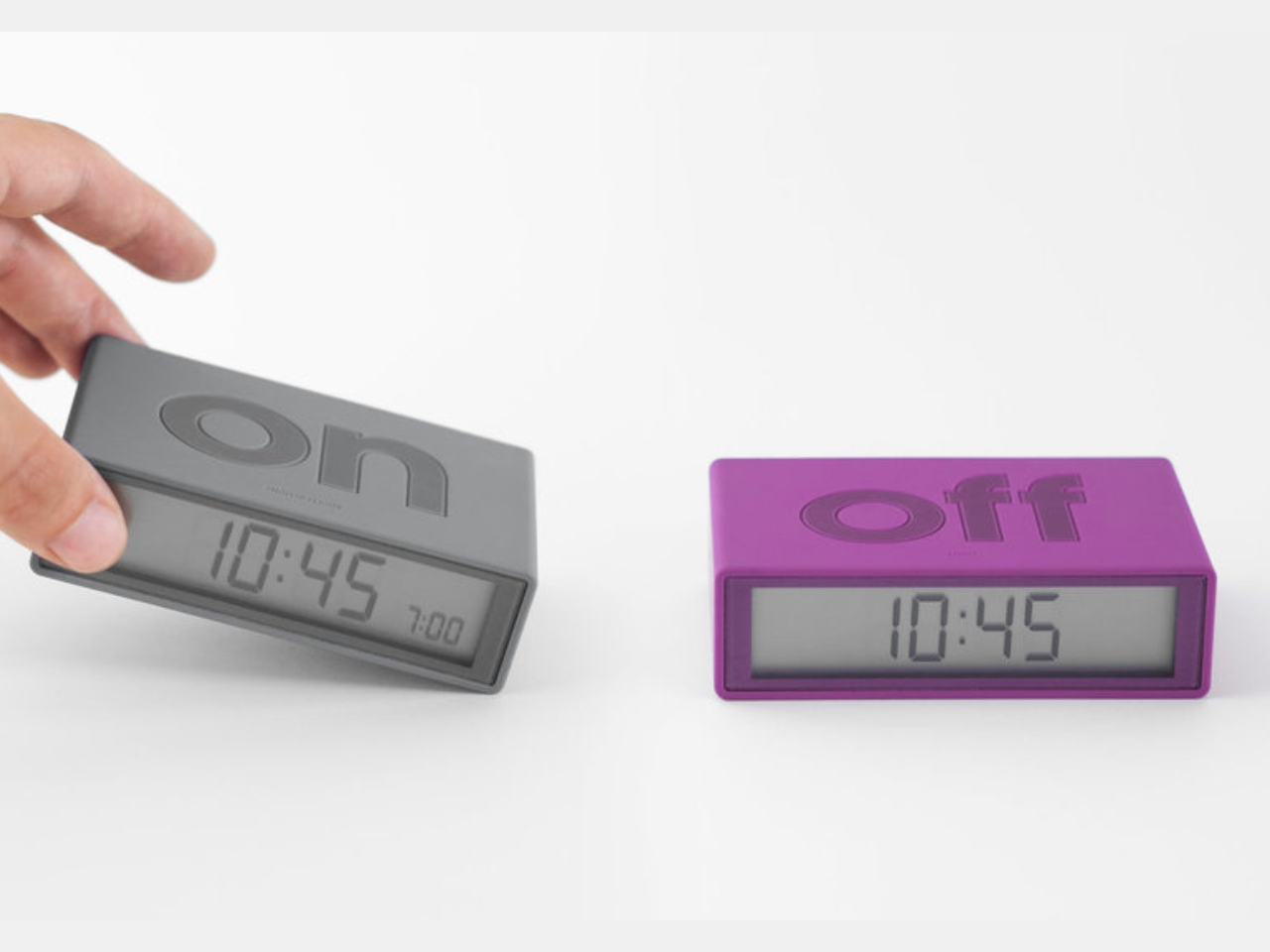Gen Z is actually the most enthusiastic generation about working in the office and are there 3 days a week
Having missed out on in-person interactions during the pandemic, Gen Zers want to see their coworkers at the office.

- Gen Z is leading the charge in return-to-office, with an average in-person commitment of three days a week, according to recent survey findings from property group JLL. The company surveyed more than 12,000 workers around the world and found Gen Z is the generation that sees the most value in in-person work.
Gen Z workers get a bad rap for being lazy and not wanting to go to the office, while in fact, many of them do want to see their coworkers in person.
Contrary to popular belief, Gen Z—people who were born between 1997 and 2012—is actually leading the charge in return-to-office, according to a late March report by property group JLL shared with Fortune.
JLL found workers under 24 years old are more likely to be in office than other generations and come in an average of 3 days a week. Other generations go to the office between just 2.5 and 2.7 days a week, JLL told the Financial Times. Research was based on survey responses from more than 12,000 workers across various industries and 44 countries.
“Covid-19 lockdowns shaped a whole generation of younger workers who spent their later education and early working lives without the cultural, social and professional benefits that being with other people can bring,” Sue Asprey Price, EMEA CEO and global head of portfolio services for work dynamics at JLL, said in a statement. “We're now seeing a big reaction from that generation, with being in the office key to their experience of happy and fulfilling work."
Many Gen Z workers shared with Fortune they feel as if they missed out on in-person interactions throughout the pandemic when some would have been in high school or college. They say going to the office gives them the chance to learn more from coworkers and build friendships.
“Working remote, you don't have the option to walk to another person's desk to learn how to do something or ask a quick question that doesn't require setting up a meeting,” Spencer McLean, a public relations manager for Advantage Media Group who was born in 1999, told Fortune. “There's some things you can't pick up on as easily when working virtually, like how to best interact with your new coworkers or picking up on social cues.”
Plus, Gen Z workers love to yap—or chit chat for extended periods of time—which experts told Fortune’s Emma Burleigh likely stems from the generation’s isolation and loneliness during the pandemic.
However, the key is that Gen Zers still don’t want to be in the office every day. They continue to prefer hybrid schedules where they can still get some quiet time to work from home.
“Honestly, I didn't love going into the office every day,” McLean said. “Hybrid work gives you a brain break where you don't have to have conversations constantly and can sit down and focus—and it gives your skin a break from makeup.”
Earlier this year, Harris Poll and global events company Freeman surveyed 1,824 U.S. adults with white-collar jobs, and 91% of respondents said they want a balance between remote and in-person work.
Chloe Chan, a Gen Z U.S. people partner at global fintech company Revolut, said hybrid schedules are the “best of both worlds.” She cited being inspired by a podcast by psychologist Gillian Sandstrom, who emphasized the big impact of small interactions at the office, like walking around the office to get a snack from the pantry.
“I find that I have stronger relationships with coworkers I see frequently at the office as opposed to my remote team members,” Chan told Fortune. “In general, going into the office also provides that third space for connectivity.”
Caitlin Luetger-Schlewitt, a lecturer in leadership and career readiness at North Central College’s School of Business and Entrepreneurship, said every semester she asks her students if they want to work remotely, in-person, or on a hybrid schedule. The majority of them say in-person, she told Fortune, and very few—if any—want to work fully remote.
The most common reason students give is they want to access their supervisor and colleagues more consistently and get better support. Plus, they’re “worn out” from having done high school and college remotely during the pandemic, Luetger-Schlewitt said.
“They felt disconnected from the world around them as remote students, and they expect this feeling to be repeated in a remote job,” she explained, adding she’s also heard from many students that they find it hard to self-motivate for remote work.
Luetger-Schlewitt said she finds these trends interesting because of how many millennials she’s worked with who prefer remote work. Indeed, JLL’s report showed workers aged 35-54 reported the lowest satisfaction with being in the office, citing environmental concerns, and desires for better technology, flexibility, and food.
“I wonder if and how Gen Z's preferences and priorities will change as they age into mid-life,” Luetger-Schlewitt said.
This story was originally featured on Fortune.com















